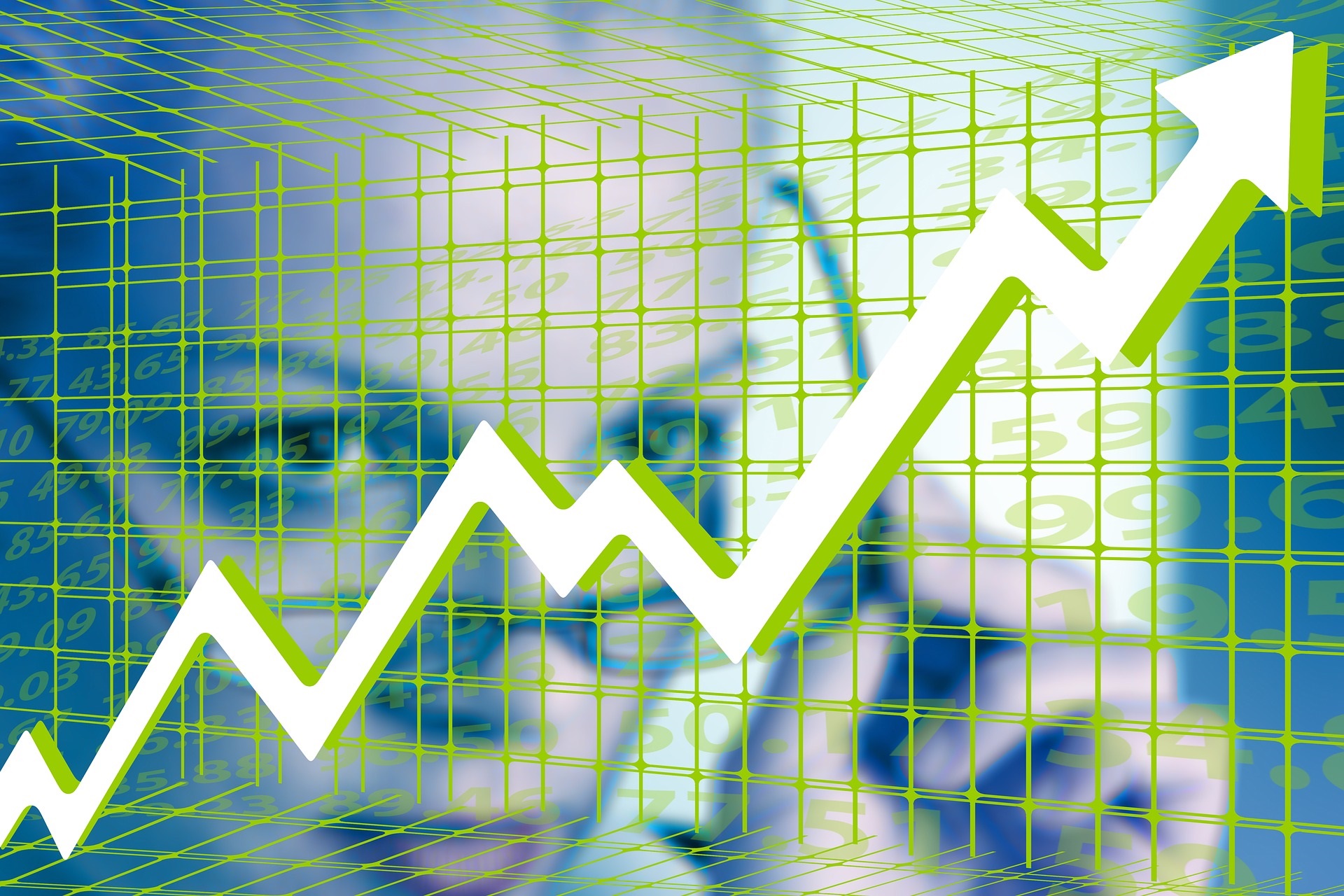With apologies to the rock group Chumbawamba and their 1997 hit, it has been hard to keep this market down. In 2020, we faced the onslaught of a pandemic, rampant unemployment, and a sinking economy. And while the declines in the equity markets early last year were steep, they were relatively short-lived.
By fall, worries returned in the weeks leading up to the presidential election, but once again, market turmoil was short-lived before equities resumed their upward march. Despite all that 2020 threw at investors, the S&P 500 managed to end the year up in the double digits. The equity markets were akin to a prizefighter, bouncing back up after getting knocked down.
As we entered the new year, the blows to the markets kept coming, one right after the other. In January, we saw the balance of power shift in the U.S. Senate, riots ravage the U.S. Capitol, the second impeachment of President Trump, and new variants of COVID-19 emerge. Any one of these would have been enough to produce the knock-out blow, yet the markets remained unfazed. Coming into the last week of the month, the S&P 500 had climbed more than 3% during the month to a new record.
Then a war broke out. Using GameStop Corporation stock as its arsenal, an army of retail traders waged a coordinated attack against the mighty hedge funds of Wall Street. The reasons for this uprising are up for debate, but it was enough to finally spook the markets. The S&P 500 gave back in the last week of January what it had gained in the prior three.
GameStop shares were trading below $20 at the end of December. By the end of January, the stock had risen to as high as $483 per share. The ripple effects riled the financial markets as hedge fund firms that had bet against the stock were forced to sell liquid long positions to shore up their portfolios. By betting against the stock, or shorting it, the hedge funds incurred immense losses in January as GameStop shares rose dramatically amid the buying frenzy carried out by a group of Reddit users armed with the power of social media. Soon, worries mounted over whether this trading mania would spill over into other stocks favored as short positions by the hedge funds. How severe would be the forced selling by these institutional behemoths?
The chart below provides an interesting perspective of GameStop’s recent meteoric rise compared to other popular investment themes such as Bitcoin and the big technology names.
At the time of this writing, shares of GameStop have come back down to Earth, trading around $50 per share. With the trading craze in the stock seemingly subsiding, the equity markets appear to have shifted focus back to earnings and resumed an upward trend.
Amid all the noise in January, FSA carried on with monitoring shifts in the markets. We initiated an international equity position in the Conservative Growth, Core Equity, and Income & Growth strategies. Most Tactical Growth accounts started the new year already holding exposure to international equities, but we added it where necessary. We will be looking for the pendulum to swing more decisively from a U.S.-centric focus to a broader, international stance before we add to our foreign funds. It remains to be seen whether this will be the year the U.S. markets finally pass the baton to their foreign cousins.
As tax time approaches, we encourage you to reach out to your advisor with any changes that might impact your goals and how we manage your money.
Mary Ann Drucker
Assistant Portfolio Manager
Disclosures are available at https://fsainvest.com/disclosures/market-update/.
FSA’s current written Disclosure Brochure and Privacy Notice discussing our current advisory services and fees is also available at https://fsainvest.com/disclosures/ or by calling 301-949-7300.





